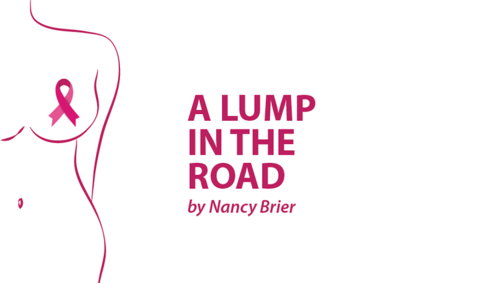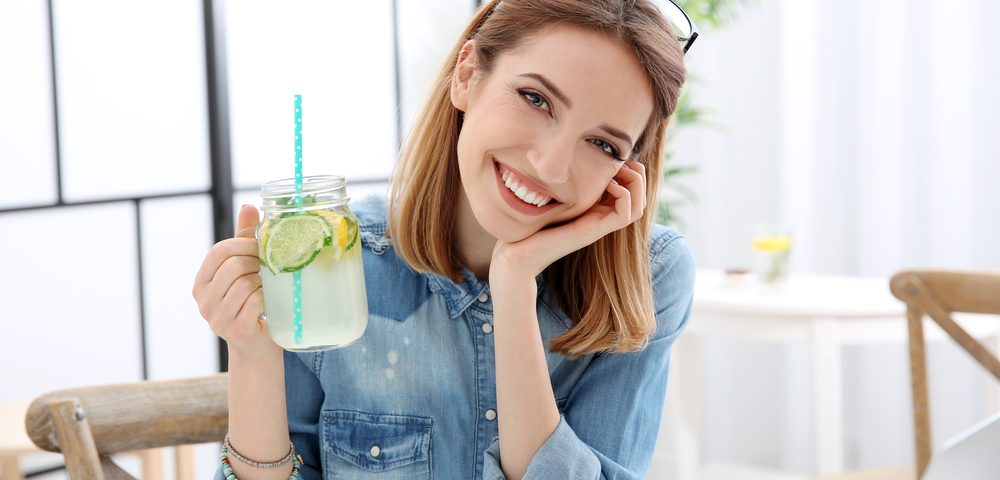
“Mommy, are you going to die?”
Maybe that was the hardest moment of my cancer journey, to hear that sweet voice in the darkness at Lauren’s bedside, asking the question we all wanted to ask. My husband and I were still in shock. We hadn’t wrapped our heads around the “C” word long enough to acknowledge out loud what the realities of our situation were, what life would look like with one of us missing.
I put off telling Lauren as long as I could. “We have to tell her,” Gary kept saying. Of course I knew it. It was Friday, and we had just returned from the Stanford hospital, where I was told to go home and pack a bag. I was to return the following Monday for a battery of tests and the first round of chemo.
Stanford was hours away from our home, and we hadn’t even figured out the logistics of who would care for our daughter while we traveled for treatment. Lauren was accustomed to having both her self-employed parents home all the time, and separation would be brutal on all of us. The three of us are tighter than last year’s dresses, before I get serious about dieting. Gary often refers to this period as the sausage dress syndrome.
After dinner that Saturday night, we sat on the couch and gave Lauren the news. It was the bleakest conversation of my life, somber and such a contrast to the light-hearted way we usually live. She listened and asked questions, and we were open and truthful, telling her as much as we knew.
But later that night, when I was tucking her into bed, Lauren put the big question out there, and it lingered, raw, a shadow manifesting in the dark.
I took a slow breath, situated Scruffy and Rex under the covers, then smoothed the blankets. I wanted to find the right words for this answer, which would shape her perception of my disease.
Actually, I wanted not to answer it at all, for it not to exist. I wanted to go back to the way things were just a week ago, when we didn’t know about my cancer — back to when we were planning our trip to Disneyland. My husband had already bought tickets.
“Three days at Disneyland?” I asked him, incredulous. In a moment of whimsy, he had hit the “buy” button and three days loomed in front of me, like a deadline for a dreaded calculous assignment. I’m not an amusement park kind of girl, preferring a walk in the woods or a tablet of paper and a couple sharp pencils. Three days of Micky Mouse and overpriced lemonade felt like penance.
Now that lemonade seemed like a great deal. How I’d love to trade my cancer diagnosis for the prospect of a vacation, for those expensive hard-shell helium balloons I used to mock, the ones with the mouse ears inside. I might even line up for the terrifying rides that other people actually enjoy. I’d go with a great attitude. I’d be the funnest girl at the park. I’d get my name sewn onto a pair of ears.
But instead I was at Lauren’s bedside, trying to figure out how to answer her question.
My diagnosis was triple negative breast cancer. I had a large, aggressive tumor, and it had spread to my sternum and lymph nodes and possibly my liver. Ironically, younger people, like me, who get this diagnosis are at a higher risk for death than older people. I couldn’t think of a way to sugar coat it.
But, I am an optimist. All my life, I’ve cultivated that characteristic consciously and deliberately. It serves me well. Optimism, I believe, begets better outcomes, and even if it doesn’t, it’s a happier choice.
So, without putting an untruthful spin on our reality, I focused hard on the bright side.
“It’s true that some women die from breast cancer,” I said, slowly, thinking about my word choices. “But I have an excellent doctor, smart and nice, and he has two little boys of his own, cute kids just like you.”
I wanted her to see Dr. Gregory Vidal as I did, as an advocate, a real person, so I described him. “He says he can cure me, and I believe him. I’m going to do everything he tells me to do so I get well as fast as I can, and in the meantime, Dad and I are going to make sure you are well cared for.”
It seemed then like both of us breathed a sigh of relief. We had spoken the question, deliberated on the answer. We talked about it. And then it wasn’t as scary anymore.
I kissed Lauren good night, kissed Scruffy and Rex, and left the room.
The moment was over, and it wasn’t as hard as I thought it would be, not that climactic scene in the movies where the lights dim and music cues up and everyone cries. Instead, it was just a normal family taking in really bad news — as we all have to do from time to time.
It’s been nearly three years since that conversation, and we still haven’t been to Disneyland. I don’t have a hat with my name on it. I traded it for a cap that kept my bald head warm during those long chemo days.
But if we ever get the chance to use those tickets, I’m going to enjoy that pricey lemonade and those rides I find so terrifying.
Then I’ll take a walk in the woods with a tablet of paper, a pencil, and an interesting new perspective. I’ll write an essay all about it.
***
Note: Breast Cancer News is strictly a news and information website about the disease. It does not provide medical advice, diagnosis, or treatment. This content is not intended to be a substitute for professional medical advice, diagnosis, or treatment. Always seek the advice of your physician or other qualified health provider with any questions you may have regarding a medical condition. Never disregard professional medical advice or delay in seeking it because of something you have read on this website. The opinions expressed in this column are not those of Breast Cancer News, or its parent company, BioNews Services, and are intended to spark discussion about issues pertaining to breast cancer.


Thanks for this touching story. It hits home. I have a daughter too. I am wondering how you are doing now. How is she doing? Did you get counseling did she,did the family. How has it effected your marriage?
Best wishes. God Bless you and your family members
Thank you for your heartfelt concern, Marla. Lauren is fine and currently volunteers at the Desert Cancer Foundation doing social media presentations to promote their events. Our family is closer than ever because of our experience with cancer, and we have more fun because we don’t take opportunities for granted like we sometimes used to. I wish the best for you and your family and hope recovery has a positive impact on every aspect of your lives.